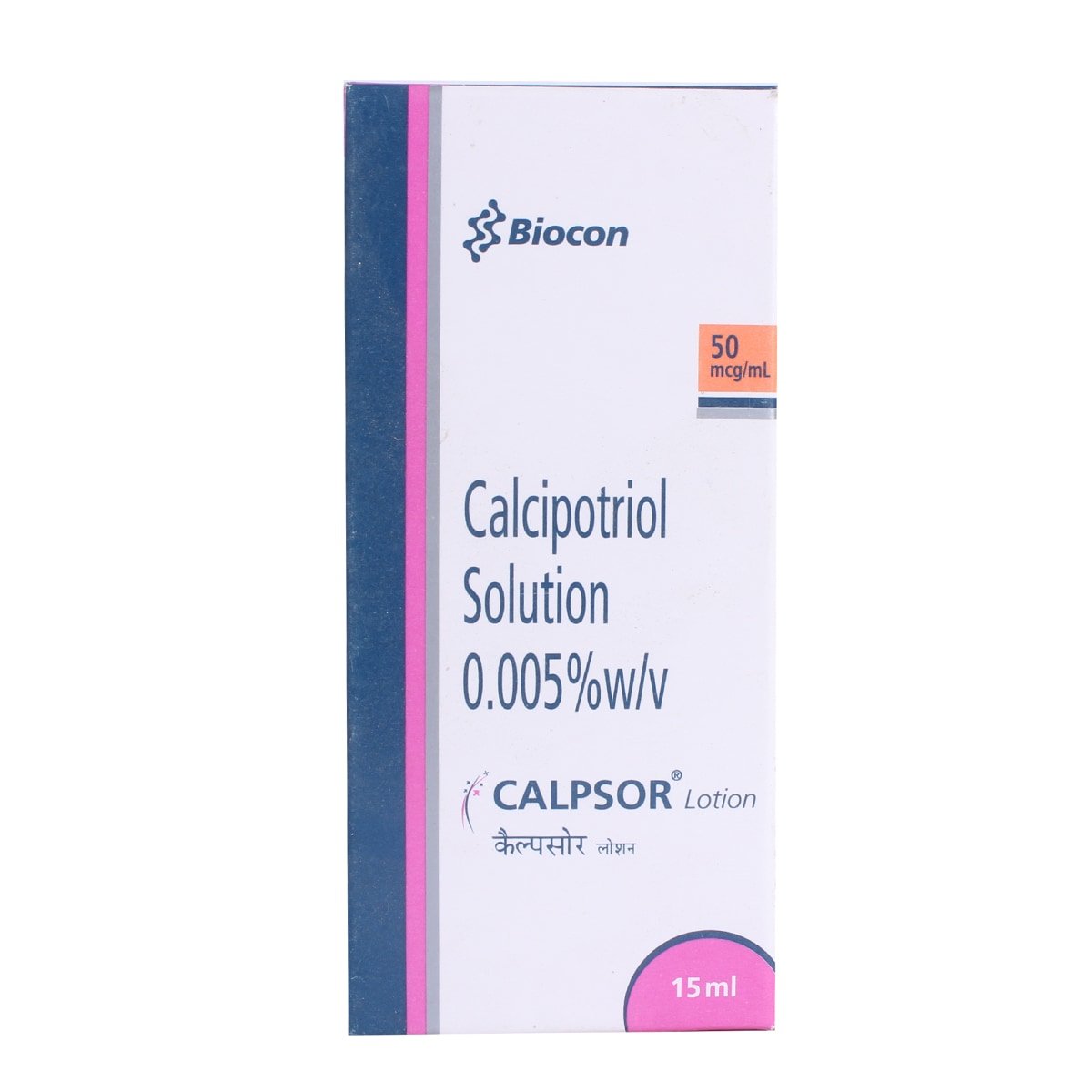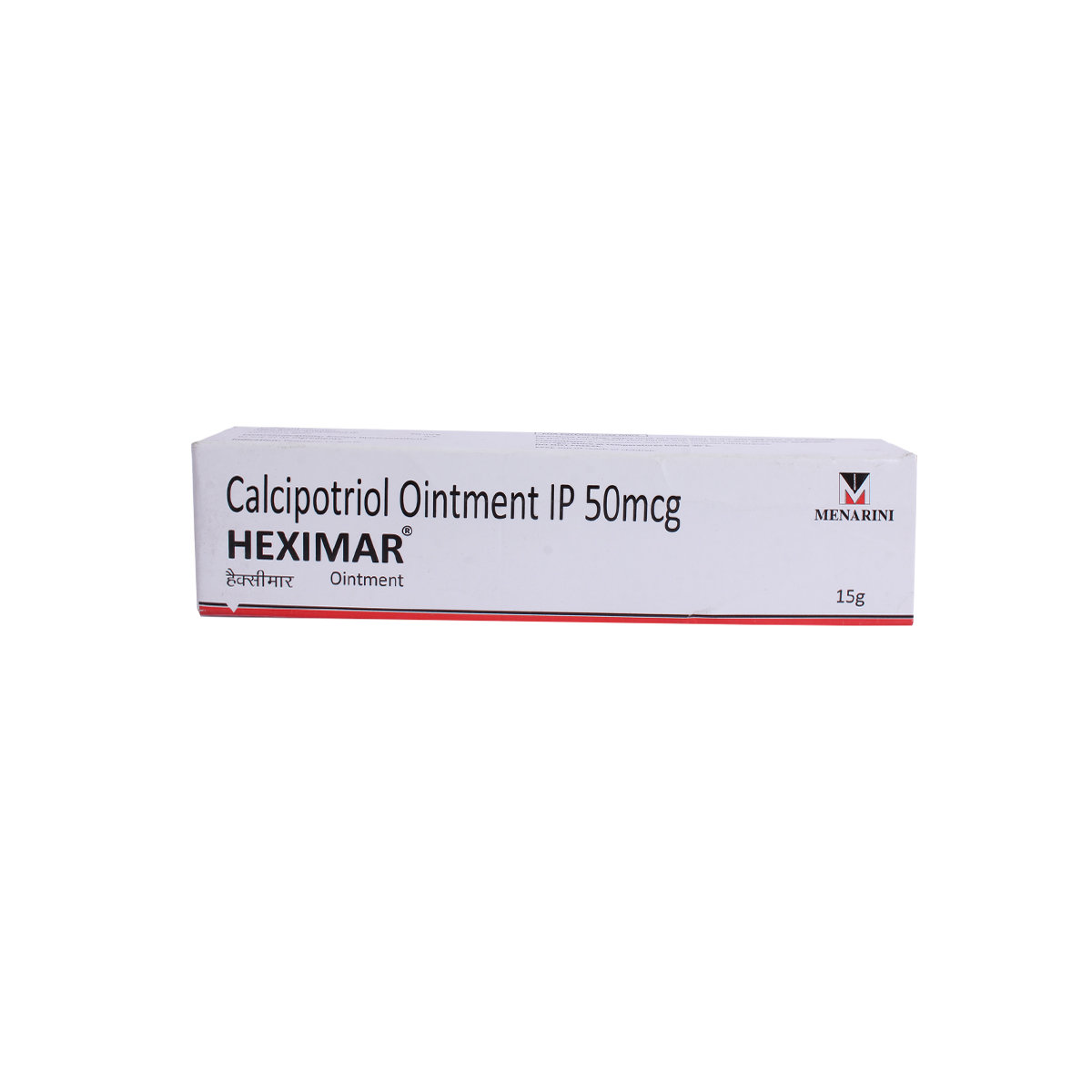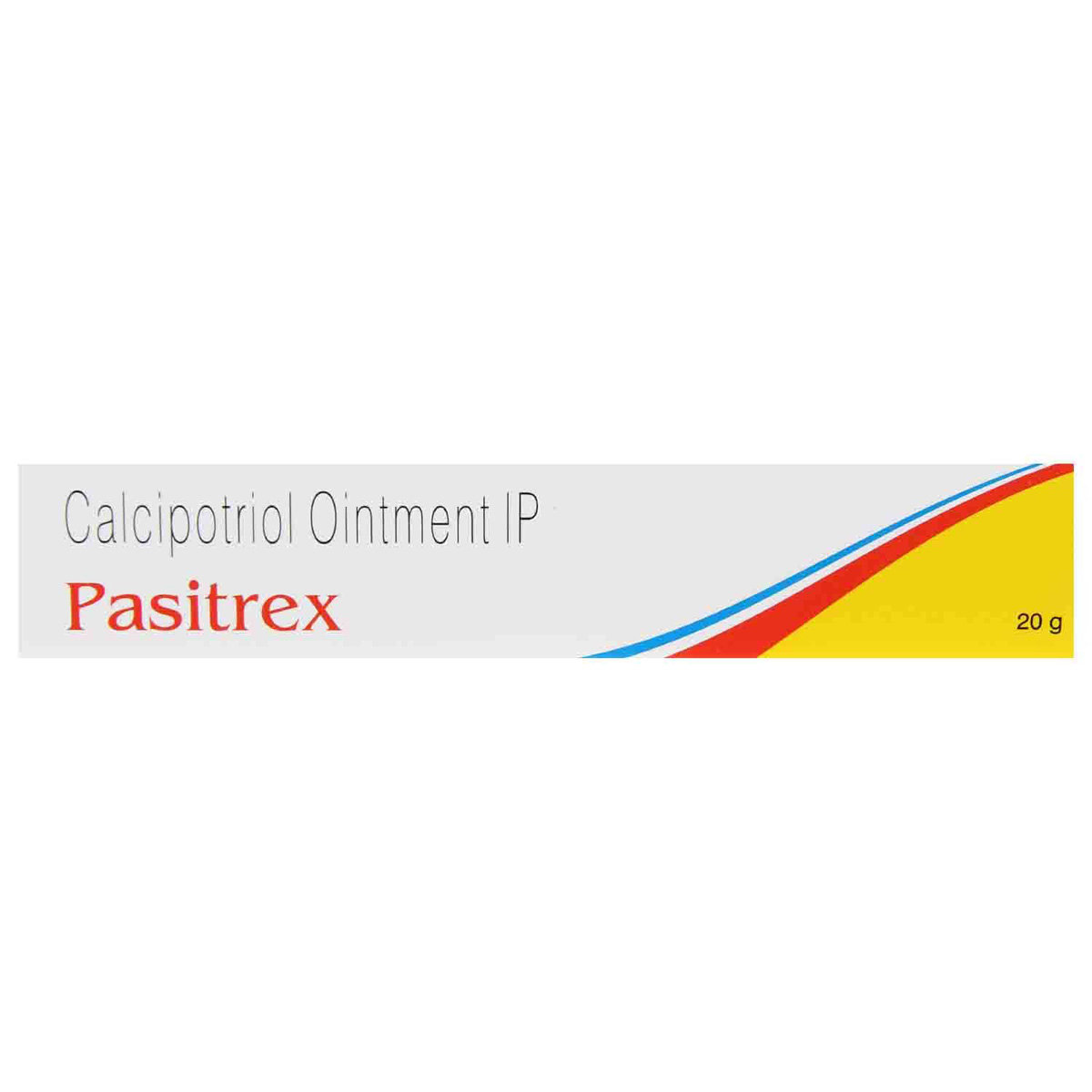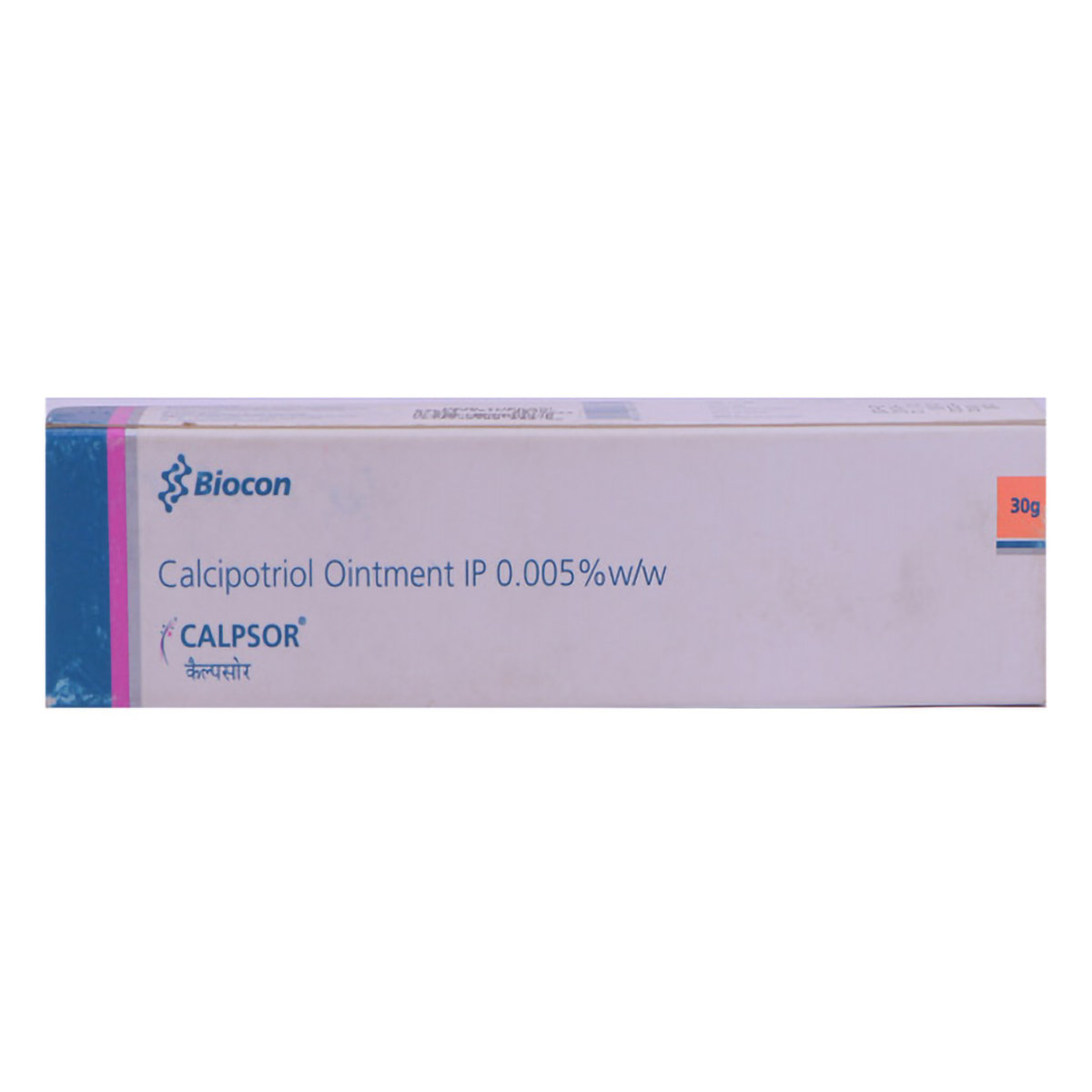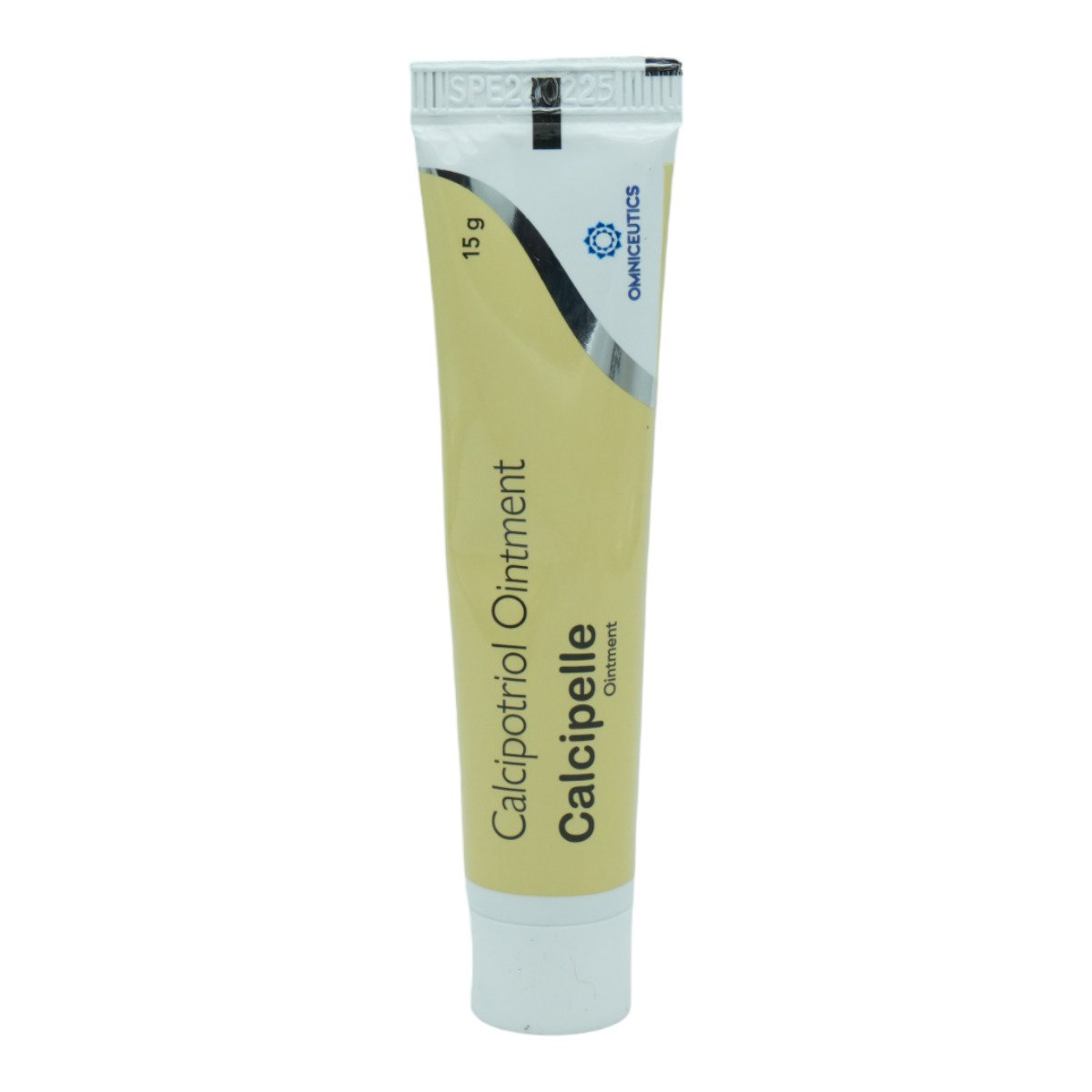Calcipotriol
About Calcipotriol
Calcipotriol belongs to the class of 'antipsoriatic agents' used primarily for treating psoriasis. Psoriasis is a condition in which your skin develops raised red patches and silver-coloured scaly patches. Scaly patches are dead cells that usually fall off your skin without notice.
Calcipotriol contains the active substance calcipotriol, also known as calcipotriene. It is a synthetic form of Vitamin D. Calcipotriol works by reducing this overproduction of skin cells that eases the inflamed, scaly areas.
Always use this medication as advised by the doctor. Calcipotriol is generally safe to use. Some may experience common side effects like itching, redness, stinging sensation, dryness and rash. These side effects do not require medical attention and gradually resolve over time. If these side effects persist longer, please consult your doctor.
Avoid contact with your eyes, nose or mouth while using Calcipotriol. Rinse it off with water thoroughly if you get the cream in these areas. Brief your medical history to the doctor if you are allergic to Calcipotriol or any of its components. Let your doctor know if you have any medical history of liver, kidney diseases, hypercalcaemia (high calcium levels in the blood) or hypervitaminosis D (excess Vitamin D levels in the blood). Pregnant and breastfeeding women should use Calcipotriol only with proper consultation and caution. Calcipotriol is not recommended for children less than 12 years of age.
Uses of Calcipotriol
Medicinal Benefits
Calcipotriol treats psoriasis, and it contains the active substance calcipotriol. It is a synthetic form of Vitamin D. It inhibits the excess production of skin cells, leading to the formation of scales and patches of the skin in psoriasis. Calcipotriol helps treat plaque psoriasis, a most common type of psoriasis that develops thick red patches on the skin, with a silver or white scaly layer.
Directions for Use
Storage
Side Effects of Calcipotriol
- Itching
- Redness
- Stinging sensation
- Dryness
- Rash
Drug Warnings
Brief your medical history to the doctor if you are allergic to Calcipotriol or any of its components. Inform your doctor if you have any history of liver, or kidney diseases, hypercalcaemia (high calcium levels in the blood) or hypervitaminosis D (excess Vitamin D levels in the blood). Pregnant and breastfeeding women should use the Calcipotriol only with proper consultation and caution. Avoid contact with your eyes, nose or mouth while using Calcipotriol. Rinse it thoroughly with water if you get the cream in these areas. Calcipotriol is not recommended for children less than 12 years of age. If you do not notice any improvement in your infection after using the Calcipotriol for one to two weeks, please consult your doctor.
Drug Interactions
Drug-Drug Interactions: Calcipotriol may interact with products containing Vitamin D.
Drug-Food Interactions: Avoid or limit the intake of alcohol and caffeine.
Drug-Disease Interactions: Before taking Calcipotriol, let your doctor know if you have any fungal, viral, protozoa infections, liver, kidney diseases, hypercalcaemia (high calcium levels in the blood) or hypervitaminosis D (excess Vitamin D levels in the blood).
Drug-Drug Interactions Checker List:
Safety Advice

Alcohol
safe if prescribedNo interaction was found. However, it is advisable not to take or limit alcohol as a precautionary measure.

Pregnancy
cautionCalcipotriol should not be taken until prescribed. Your doctor will weigh the benefits and any potential risks before prescribing it to you. Please consult your doctor.

Breast Feeding
cautionIt is not known if Calcipotriol passes into the breast milk. Please consult your doctor before taking Calcipotriol if you are breastfeeding. If you need to apply the cream or ointment on your breasts, don't do this shortly before giving a feed.

Driving
safe if prescribedThere have been no studies to investigate the effect of Calcipotriol on driving performance or the ability to operate machinery.

Liver
cautionLet your doctor know if you have any history of liver diseases before taking Calcipotriol. Your doctor will weigh the benefits and potential risks before prescribing Calcipotriol.

Kidney
cautionLet your doctor know if you have any history of kidney diseases before taking Calcipotriol. Your doctor will weigh the benefits and potential risks before prescribing Calcipotriol.

Children
unsafeCalcipotriol is not recommended for children less than 12 years of age.
Habit Forming
Diet & Lifestyle Advise
- Use mild soap while taking baths and prefer warm baths.
- Always wear loose-fitting clothes to avoid further sweat and the spread of infections.
- Regularly change your socks and wash your feet. Avoid shoes that make your feet sweaty and hot.
- Do not walk barefoot at places like gym showers to prevent infections.
- Do not scratch the affected area of skin as it can spread the infection to other body parts.
- Avoid sharing towels, combs, bed sheets, shoes or socks with others.
- Wash your bed sheets and towels regularly.
- Avoid or limit the intake of alcohol and caffeine.
- Do not scratch or pick your skin to avoid getting the affected area infected.
- Manage stress, eat healthily, drink plenty of water, exercise regularly and sleep peacefully.
Special Advise
- If you do not notice any improvement of your infection after using Calcipotriol for one to two weeks, please consult your doctor.
Patients Concern
Disease/Condition Glossary
Psoriasis: Psoriasis is a condition in which your skin develops raised red patches and silver-coloured scaly patches. Scaly patches are dead cells that would usually fall off your skin without notice.
FAQs
Calcipotriol contains the active substance calcipotriol. It is a synthetic form of Vitamin D. Calcipotriol works by reducing this overproduction of skin cells that eases the inflamed, scaly areas.
Calcipotriol should be used with proper caution and doctor consultation if you have any history of liver, kidney diseases, hypercalcaemia (high calcium levels in the blood) or hypervitaminosis D (excess Vitamin D levels in the blood). Please let your doctor know if you have any active infections on the skin before using Calcipotriol.
Calcipotriol is for topical (for skin use) application only. Avoid Calcipotriol contact with eyes, nose and mouth. Do not put a bandage or a dressing on the affected area while using Calcipotriol unless advised by the doctor.
Calcipotriol is used only for the treatment of psoriasis. It is not recommended for diaper rash. Your baby's paediatrician will suggest other medicines for the treatment of diaper rash.
Do not stop using Calcipotriol even if you feel better until the doctor's advised course is finished. Your symptoms may improve, but the disease may not be cured completely.

